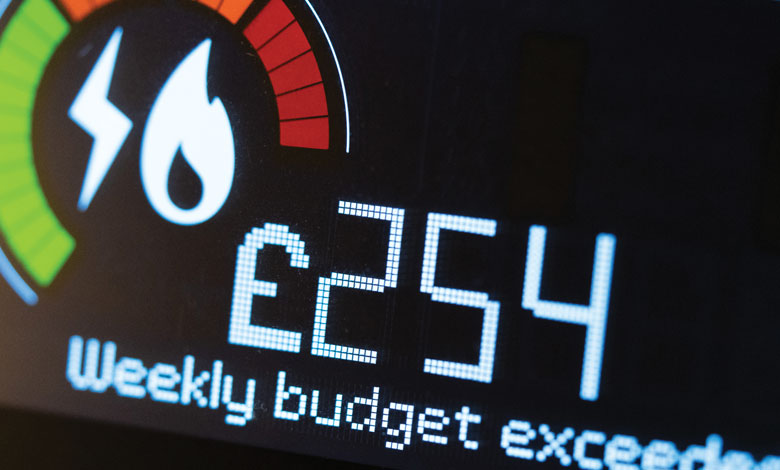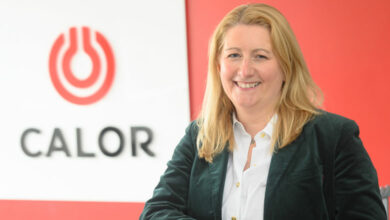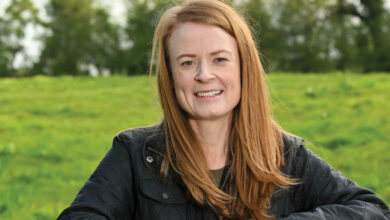Energy Action Plan 2024: Final Fuel Poverty Strategy not expected until 2025

The Department for Communities (DfC) has set out its intentions to publicly consult on a new draft Fuel Poverty Strategy to support a ‘just transition’ by December 2024.
The details were included in the Energy Strategy’s 2024 Action Plan Report, published in March 2024 by the Department for the Economy (DfE).
Northern Ireland’s last Fuel Poverty Strategy was published 13 years ago in 2011 and the Department for the Economy’s Path to Net Zero Energy strategy identifies fuel poverty reduction as a key measure of its success.
In June 2022, in the face of rising fuel prices, fuel poverty charity NEA NI conducted a Northern Ireland-wide survey that suggested that at least 45 per cent of households are in fuel poverty (i.e. Spending more than 10 per cent of their total household income on their energy costs). Additionally, it found that one-in-10 households had admitted skipping meals to ensure they had enough money to pay for their energy.
Alongside the development of a fuel poverty strategy, the 2024 action plan also indicates an intention by DfE to assess options to scale up the Northern Ireland Sustainable Energy Programme (NISEP) by augmenting its existing budget, while DfC says it will engage with stakeholders to inform the development of a replacement Affordable Warmth Scheme to enable public consultation in 2025.
The overriding objective of the action plan, which is the first to be published by a sitting minister, is to outline actions for 2024 which can reduce emissions from energy by replacing fossil fuels with indigenous renewables to decarbonise power, heat, and transport.
Alongside plans to launch of a public consultation on a new Fuel Poverty Strategy, key actions to be delivered in 2024 include:
- publication of a new Regional Strategic Planning Policy on renewable and low carbon energy;
- the delivery of an industry-led green skills delivery plan; and
- the development of a net zero accelerator fund;
Additionally, in 2024, the DfE intends to appoint a contractor to develop and finalise a plan for the design and roll-out of smart metres, following a consultation on smart metering design. Similarly, the DfE says it will publish the Smart Systems Flexibility Plan consultation response, which will inform the finalisation of the plan.
With the objective of supporting decarbonisation, the action plan states that the DfE will publish a call for evidence for hydrogenated vegetable oil (HVO) and biofuels in supporting the heat decarbonisation transition.
The DfE has also outlined an objective to “analyse the Biomethane Call for Evidence results and develop a plan for next steps”.
DfE has also announced that it will “commission research into the costs and benefits to the Northern Ireland consumer “for different interconnection scenarios, multiple energy storage options, and the 80 per cent renewable electricity target up to 2030 and beyond”.
The action plan further announces that the DfE intends to complete a strategic environmental assessment and habitats regulations assessment for offshore renewable energy in the marine area which aims to enable plans for potential leasing areas to be developed.





